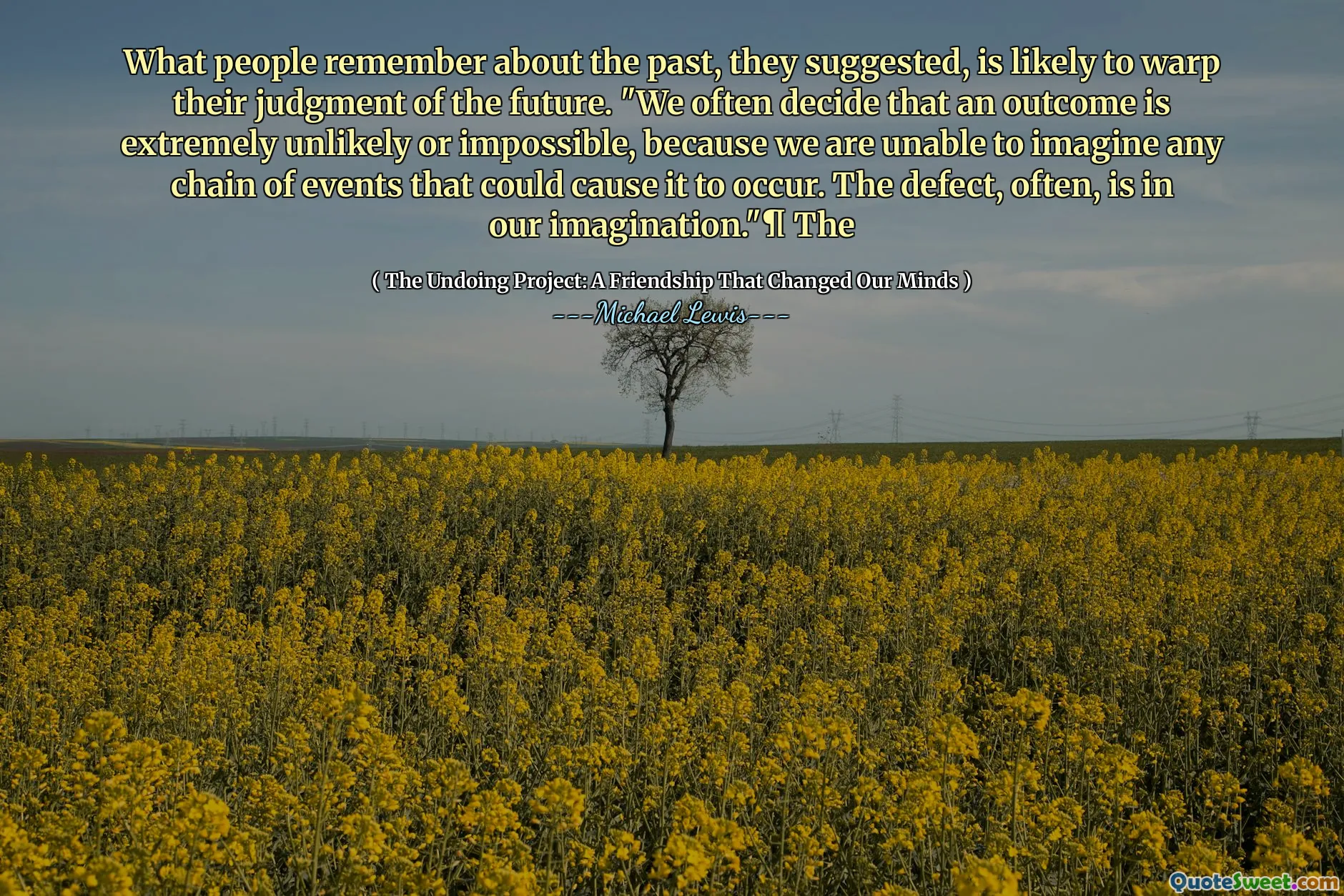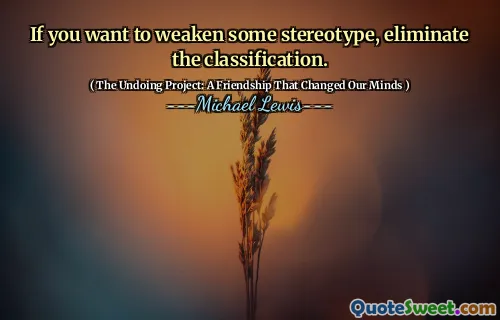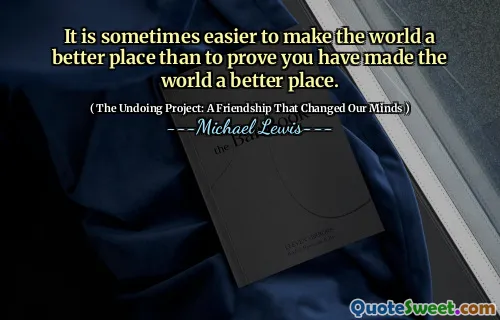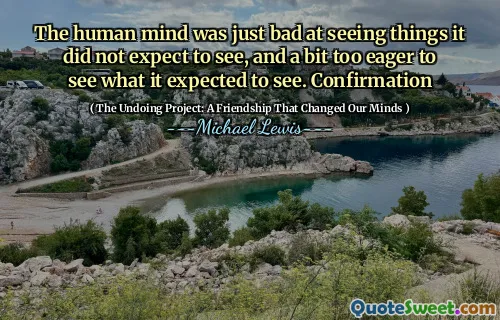
What people remember about the past, they suggested, is likely to warp their judgment of the future. "We often decide that an outcome is extremely unlikely or impossible, because we are unable to imagine any chain of events that could cause it to occur. The defect, often, is in our imagination."¶ The
The authors argue that individuals' perceptions of the past can significantly distort their ability to judge potential future events. This suggests that our memories and experiences shape our belief in what is possible or impossible, leading to poor assessments of future outcomes.
They highlight that when people face uncertainty, they often struggle to envision the various scenarios that could lead to a particular outcome. This limitation in imagination can result in them deeming certain outcomes as highly unlikely or even impossible, which can impede their decision-making processes.











